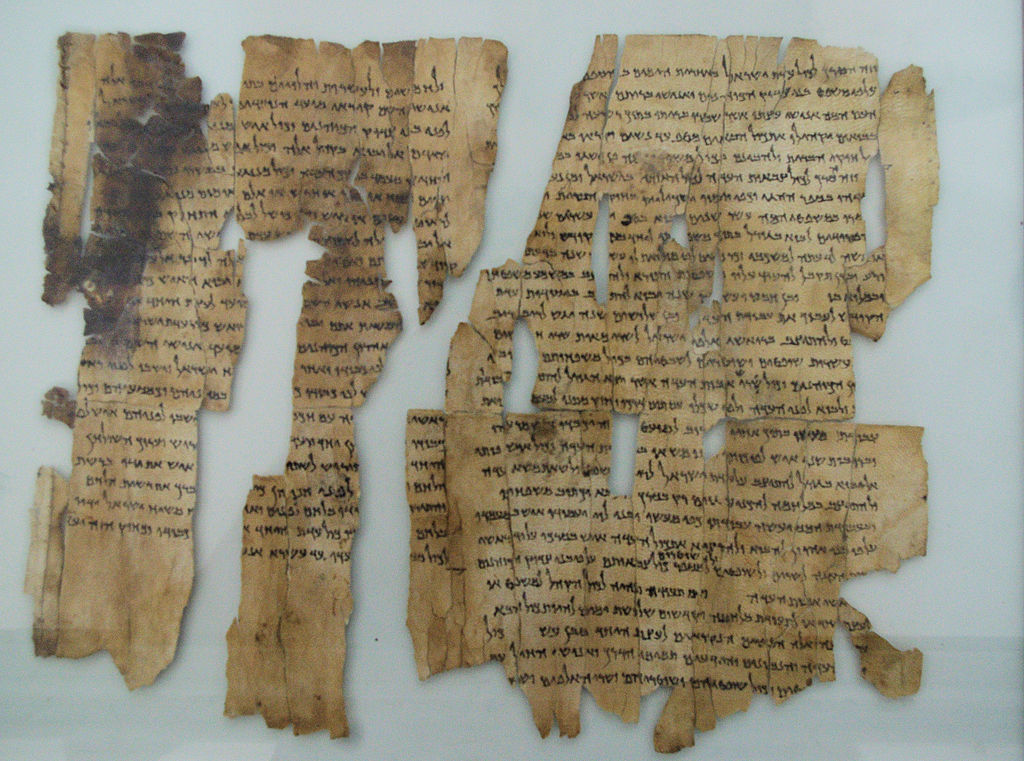Romans 16 is an interesting chapter especially if you are looking for baby names. I am not sure I have heard any children named after some of those women and men mentioned in this last chapter of Romans, but I do know a Phoebe.
When considering a trait that I would like to emulate in a women mentioned in the Bible I am intrigued by Phoebe. She is mentioned in two verses, but she makes those two verses rich with intention and integrity.
The name Phoebe, the feminine version of Phoebus describing the Greek god, Apollo, meaning, bright, shining and pure. She was born a Gentile, and converted to Christianity.
In that day, letter writing was not the simple cards we send today, nor was it as quickly as we write a thank you. There would need to be a secretary, the copies of papyrus, revision and a final copy to keep and a final copy to send. According to The cost of the Gospels and the Synoptic Problem”, estimates the cost as much as $2100. This would also have to have a protective leather pouch to carry the scrolls, as to protect it from the elements and for safety.
Why does this matter? Enter Phoebe. When Paul mentions in Romans 16:1 “I commend to you Phoebe, our sister, who is a servant of the church in Cenchrea, that you may receive her in a manner worthy of the saints, and assist her in whatever business she has need of you: for indeed she has been a helper of many and of myself also.” Commentaries indicate that this word “helper” includes patron or benefactor. This leads us to believe that she was a women of wealth and position. Someone had to pay for the writing of Romans. It makes sense that the person who was supportive of Paul’s writings and worked with him, would have the trust, integrity and ability to deliver the letter to the church in Rome.
Paul regularly sent his letters with trusted friends and co-workers, yet my question would be why didn’t he use the postal service of ancient Rome? According to Ancient Origins, the Romans were quite organized in their couriers and messengers across the empire creating a network of delivering information which included mail.

The bearer of a letter in the New Testament days also defended the letter and answered questions when the letter was read. Since Phoebe was so well acquainted with Paul, and his descriptions of her defends how much trust and confidence he put in her integrity, she would be able to as a co-worker with Paul, share to the Roman church reading the letter.
What does this mean for me? Phoebe used what she had to help Paul in his ministry. We don’t know what Phoebe’s gifts were, what her talents were, but what we know is that Paul benefitted from her being involved as a servant in the church. Paul wanted the church at Rome to know how much he trusted her. What a combination of words Paul used to describe her devotion to the church in her hometown, the church in the greater world and whatever she could do, to help Paul, Paul is asking the church in Rome to return the favor if she needs anything while she is with them.
Proverbs 11:25 “Whoever brings blessing will be enriched, and one who waters will himself be watered.” Phoebe had helped Paul, and he was asking those in Rome, to “help” her if she needed help as she had helped Paul and the church where she served.
Much of this is based on historical facts, other’s research and the norms of the day, along with Paul’s words, but what does that mean to me, August of 2024?
Three things I glean from those two verses. Phoebe didn’t let who she was, as a women, affect who she served. She saw a need she met the need. Secondly, Phoebe used her resources to serve. If she was a helper, patron, benefactor as the commentaries point out, she didn’t stop to count the cost, she stopped to pay the cost.
Lastly, she went out of her way to finish strong. From Cenchrea, the eastern harbor of Corinth, to Rome was approximately, 930 miles on land, or about 500 miles crossing the Mediterranean Sea. Both had challenges, both were greatly affected by the weather, and both were culturally different from each other. All we know is Phoebe was from Cenchrea, and she ended up in Rome with two verses of kudo’s from Paul.
Back to Phoebe, how can I use what God has gifted me with to encourage those I rub shoulders with? Perhaps it’s not my wheelhouse, but if I am able, I need to use my influence, my finances, my energy and my time to further the kingdom, regardless of what that may look like. That willingness may take me culturally far away from my comfort zone. I pray that I can have the integrity and trust of the leaders in the church I work alongside so they could offer a letter of recommendation similar to the one Paul shared in Romans 16:1-2.


Love this thought, thank you for sharing about Phoebe. “Phoebe used her resources to serve. If she was a helper, patron, benefactor as the commentaries point out, she didn’t stop to count the cost, she stopped to pay the cost.” She stopped to pay the cost, and she Served!